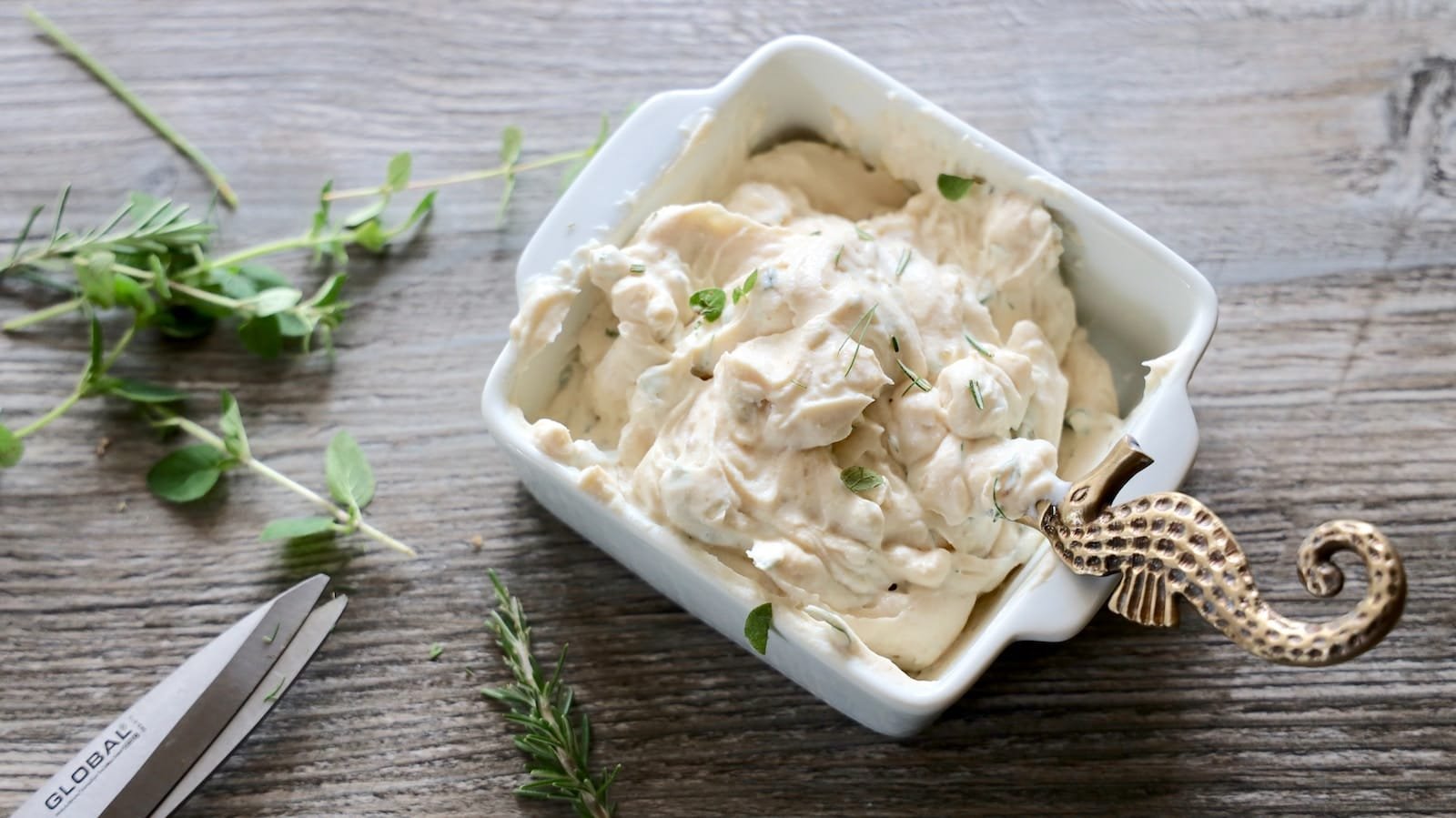Whether you’ve stumbled upon an amazing sale at the supermarket (score!) or maybe you just overestimated how much cottage cheese you can actually eat in a week, you might be wondering if your freezer can come to the rescue. Well, pull up a chair and let’s chat about the ins and outs of freezing cottage cheese.
Cottage cheese, with its creamy texture and mild flavor, is a versatile player in the kitchen. It can be a great source of protein, a fantastic addition to your lasagna, or even a satisfying snack all on its own. But when it comes to freezing, cottage cheese can be a bit tricky.
Let’s talk texture. When you freeze cottage cheese, the water content separates from the curds, which can result in a grainy, less pleasant texture once thawed. This doesn’t mean it’s spoiled or unsafe to eat – the safety isn’t the issue here; it’s the quality that takes a hit.
According to the Centers for Disease Control and Prevention (CDC) and the Food and Drug Administration (FDA), freezing food properly can make it safe to eat for much longer than if it were just refrigerated. Bacteria, which are the bad guys in the food safety world, don’t grow at freezer temperatures. However, they don’t go away either – they just hit the pause button. So if your cottage cheese was safe to eat when you froze it, it will be safe to eat when you thaw it.
When you’re ready to bring your cottage cheese back to life, the best practice is to thaw it in the refrigerator, not on the counter. Room temperature can let bacteria start multiplying again, and we don’t want that. It can take anywhere from several hours to a full day for cottage cheese to thaw in the fridge.
Once thawed, don’t be surprised if the texture has changed. Here’s a tip from the Food Safety Dad’s kitchen: give it a good stir. Sometimes, a vigorous whisking can help bring some creaminess back. Another trick is to use it in cooked dishes, like casseroles or baked pasta, where the texture change will be less noticeable.
If you’ve decided to go ahead and freeze your cottage cheese, here are some steps to ensure the best possible outcome:
Not all cottage cheese should head to the chilly tundra of your freezer. If your cottage cheese is nearing its expiration date or has been sitting out at room temperature for a while, it’s better to play it safe and not freeze it. Always err on the side of caution with dairy products.
Freezing cottage cheese is possible, and it can be a smart move to prevent waste. Just keep in mind that while it might not be quite as perfect as when it was fresh, it’s still a viable option, especially for use in cooked dishes.


